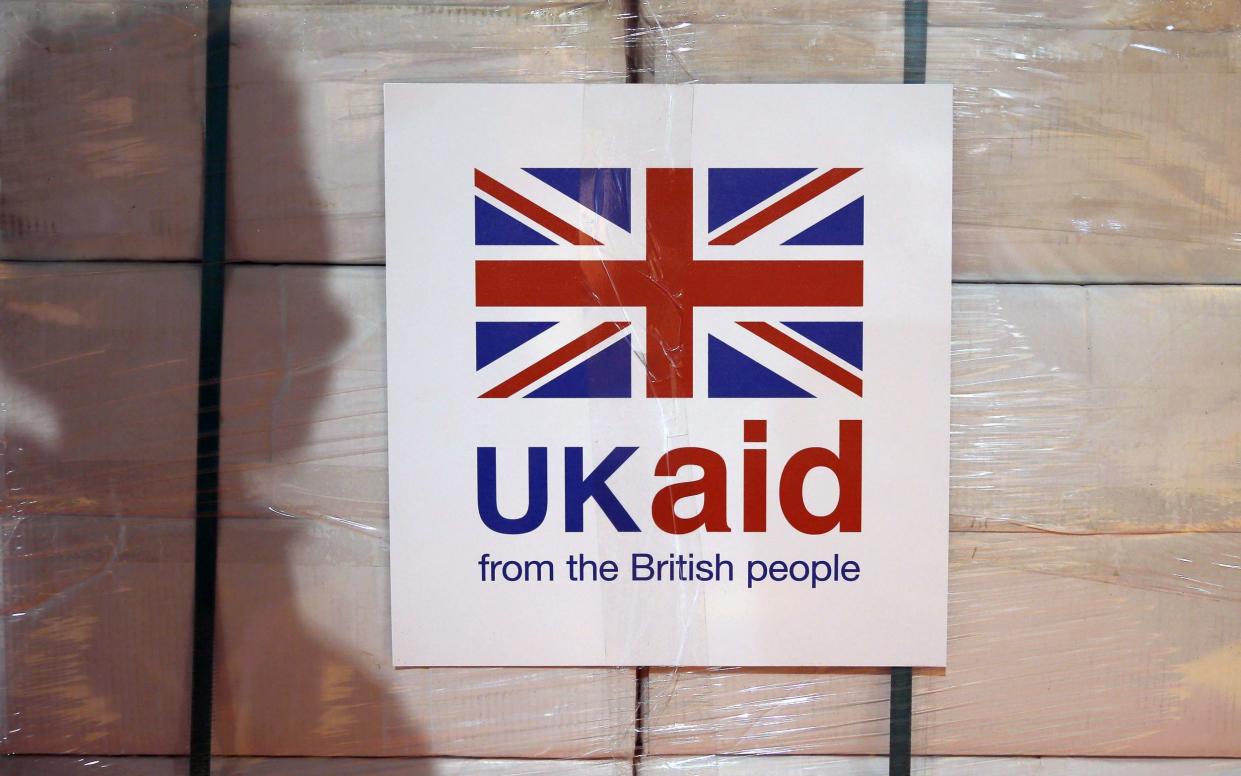Britain still sending China more than £8m in aid a year

Britain is still sending more than £8 million in aid to China every year, more than a decade after the Tories pledged to stop doing so.
The UK’s aid watchdog said the amount being sent to the Communist superpower had fallen by up to 90 per cent since 2019.
But it still meant an estimated £8.2 million was sent to Beijing in 2023/24, according to the Independent Commission for Aid Impact (ICAI).
The watchdog criticised the Government for failing to be transparent about what the money is being spent on in China.
It comes amid growing concern over security, human rights and the fact that China now has the second-largest economy in the world and can afford a space programme.
Ministers said they would scrap aid to China in 2011 – but 13 years later this has still not happened.
ICAI’s report found that aid sent to China from all government departments dropped from £80 million to an estimated £8.2 million between 2019 and 2023/24.
The money came from the British Council, the Foreign, Commonwealth and Development Office (FCDO), and the Department for Environment, Food and Rural Affairs (Defra).
‘Still too little transparency’
The watchdog concluded that while there have been efforts to improve transparency, it has worsened around the “administration costs” of running aid programmes and other development activities, for which ICAI was unable to obtain an up-to-date figure.
Sir Hugh Bayley, the ICAI commissioner and lead writer of the report, said: “There is still too little transparency over how UK taxpayers’ money is being spent in China, and we’re concerned it seems to be going backwards on the issue of ‘administration costs’ charged to the aid budget which can run to millions of pounds.
“As China will soon be ineligible to receive aid, it’s important that the Government ensures there is a proper strategy in place for the transition if dialogue with the country on issues of global importance such as climate change is to continue.”
Most FCDO aid to China is channelled through an arms-length body, the British Council, with an estimated spend of £5.8 million in 2023/24.
Another £1.24 million is estimated to have gone to the Chevening scholarship programme for students from China.
The department also spends aid in China through its global forest governance, markets and climate programme, which aims to reduce the illegal use of forest resources, at just under £500,000 in 2023/24.
In addition, Defra’s illegal wildlife trade challenge fund spent around £200,000 in China in 2023/24. All the money counts as Official Development Assistance (ODA).
However, in 2022, the latest year for which a figure was available, ICAI found that FCDO spent around £4 million on “ODA-eligible administration costs”.
The Government has decided to stop publishing these aid administration costs – which FCDO calculates based on the overall “effort” that its officials devote to ODA-eligible activities – on a country-by-country level as it is no longer required to by the OECD Development Assistance Committee.
The British Council’s spending includes programmes on English language teaching, arts and culture, and education. Among them is a long-running partnership with the Premier League, which aims to provide opportunities for disadvantaged young people through football.
In 2021, Dominic Raab announced that aid to China would be reduced by 95 per cent, with the continuing programmes focused on promoting democracy and human rights.
But ICAI’s latest estimates indicate the Government has not met this target.


